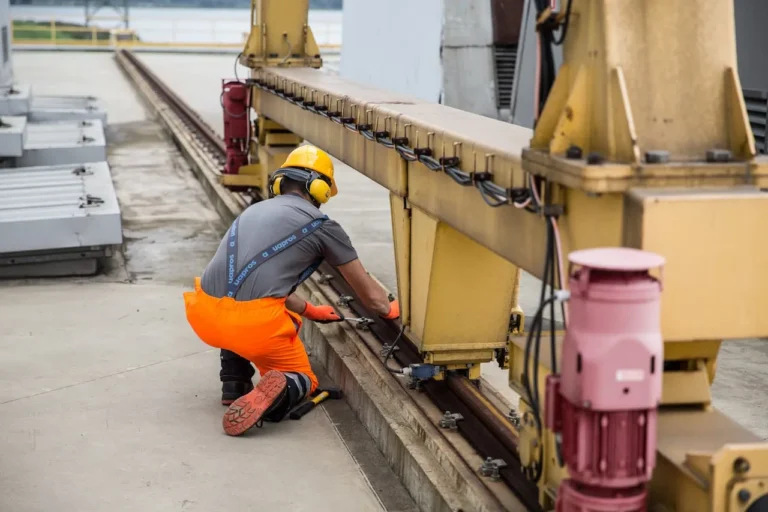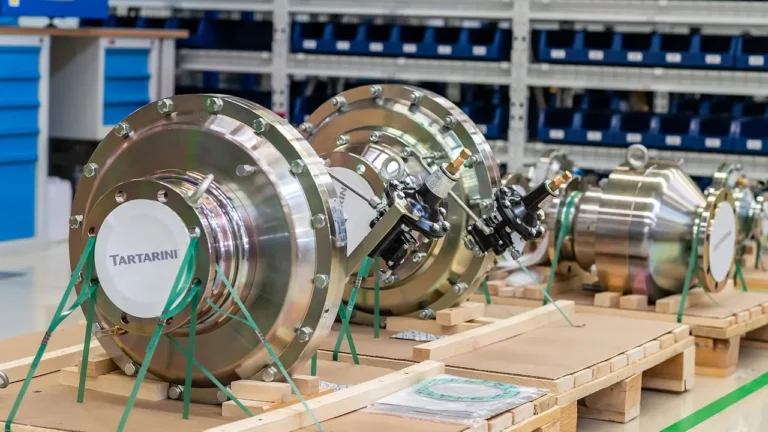
Korea Zinc has announced its application for the designation of its smelting technologies as national core technologies. This strategic move comes in the wake of the Korean government’s recent recognition of the company’s high-nickel precursor manufacturing technology as both a national core technology and a national high-tech strategic technology. These designations hold significant importance, as they mandate government approval for any acquisition of the company by foreign entities, thereby safeguarding these technologies for economic and security interests.
This application is widely seen as a proactive measure to counter potential risks associated with a possible acquisition of Korea Zinc by the MBK Partners–Young Poong alliance. Concerns have been raised about the potential transfer of the company’s assets or proprietary technologies to foreign entities, particularly China, due to reported Chinese involvement in MBK’s funding. Such a scenario has raised alarms within Korea’s industrial and security sectors.
Safeguarding Against Foreign Acquisitions
Under Korean law, technologies designated as national core or high-tech strategic assets are subject to strict regulatory oversight. In cases of foreign acquisition or potential transfer of ownership, the government must grant approval. This ensures that technologies critical to the nation’s economy, security, and global competitiveness remain protected. Korea Zinc’s move to secure these designations is being interpreted as a defensive measure to prevent any unauthorized transfer of its key technologies.
Speculation has been rife regarding MBK Partners’ intentions for Korea Zinc. Some market observers worry that MBK, known for its private equity strategies, may sell parts of the company or its technology assets to foreign buyers. However, Young Poong CEO Kang Sung-doo has dismissed these concerns. He stated, “The fund being established with MBK has committed to a 10-year operational period, making a short-term exit impossible.”
MBK and Young Poong are exploring the formation of a continuation fund with a minimum shareholder agreement period of 10 years. A continuation fund is a mechanism used by private equity firms to transfer valuable assets or companies from an existing fund to a new one, while maintaining continuity in management and investment strategies.
Environmental and Governance Challenges
The controversy surrounding Young Poong’s two-month operational suspension of its Seokpo Smelter due to environmental compliance issues has added another layer of complexity to the situation. Kang noted that Young Poong does not seek to retain Korea Zinc’s management rights but rather intends to leverage MBK’s expertise to enhance the company’s operational efficiency.
However, this has not quelled concerns within Korea Zinc’s leadership. Chairman Yun B. Choi recently criticized the governance practices of Young Poong and MBK, questioning their alignment with the interests of Korea Zinc’s shareholders and the company’s long-term stability. “Korea Zinc’s governance, particularly in comparison to Young Poong’s history of environmental controversies and financial struggles, does not necessitate the type of overhaul they suggest,” Choi stated in an interview with Bloomberg.
Economic Performance and National Recognition
Despite these governance disputes, Korea Zinc continues to showcase robust financial performance and technological advancement. In its recent Q3 financial report, the company posted consolidated revenue of KRW 3.2 trillion, representing a remarkable 40% year-over-year growth. This strong performance underscores Korea Zinc’s position as a key player in the global smelting and refining industry.
The Ministry of Trade, Industry, and Energy’s recent designation of Korea Zinc’s high-nickel precursor manufacturing technology as a national core technology further reinforces the company’s strategic importance. This recognition highlights Korea Zinc’s innovative capabilities in producing materials essential for next-generation industries, such as electric vehicles and renewable energy storage.
Strategic Implications
Korea Zinc’s decision to apply for national core technology designation represents a pivotal step in preserving its technological edge and corporate independence. By securing this status for its smelting innovations, the company aims to bolster its position against potential external threats, particularly in light of the ongoing uncertainties surrounding MBK and Young Poong’s intentions.
Moreover, this move aligns with broader government efforts to fortify Korea’s industrial and technological capabilities against global competition. As the geopolitical landscape continues to evolve, safeguarding critical technologies has become an imperative for both companies and nations.
In conclusion, Korea Zinc’s actions not only reflect its commitment to innovation and economic resilience but also underscore its strategic importance to Korea’s industrial and technological landscape. With its recent achievements and proactive measures, the company remains well-positioned to navigate the challenges and opportunities ahead.




